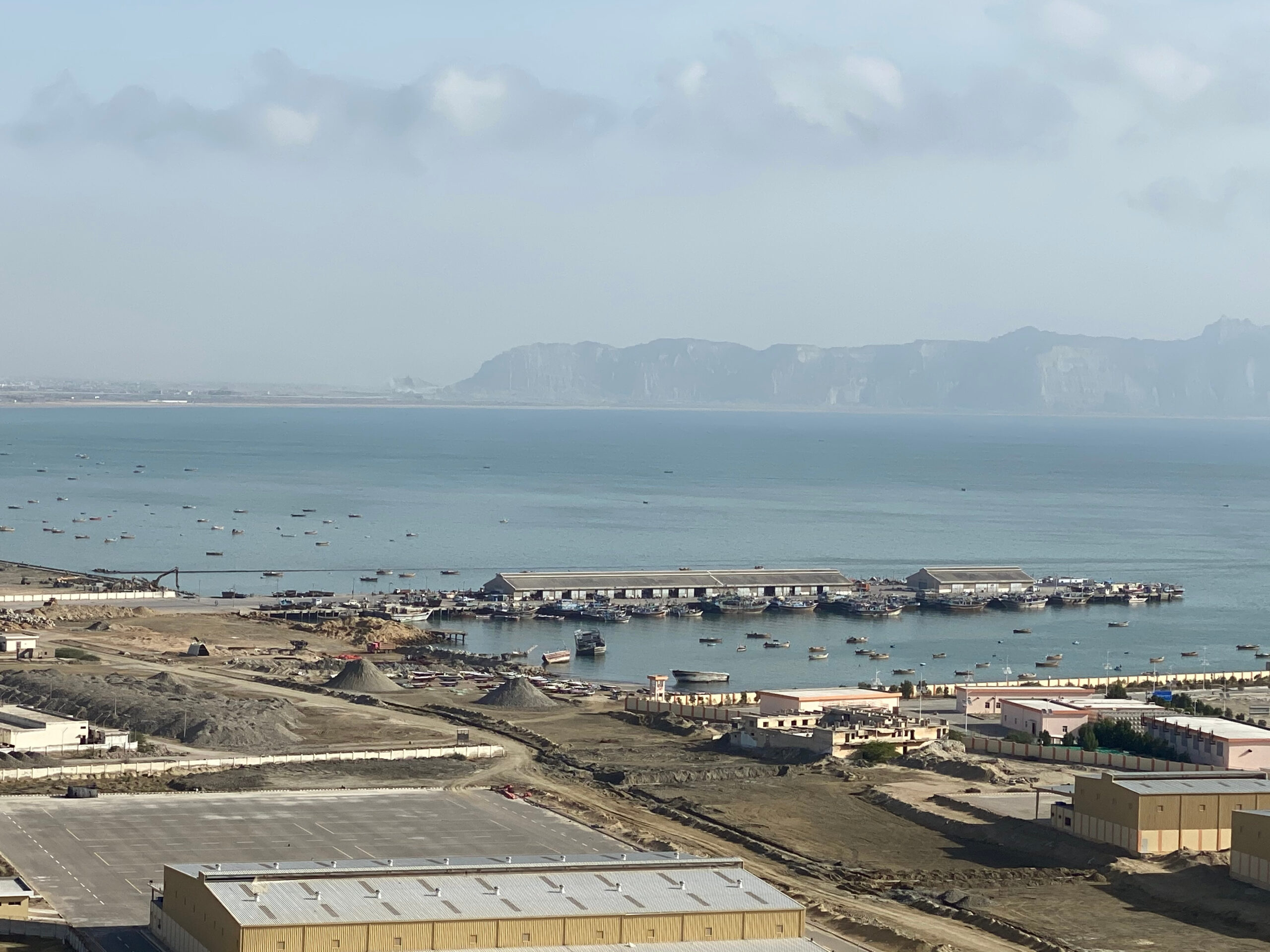
Modern development initiatives increasingly recognize the crucial role of public participation, particularly from young people. This engagement fosters a sense of community ownership and helps ensure projects are sustainable in the long run.
True development hinges on human progress, and this necessitates active public participation in shaping their development path. According to the United Nations Development Programme (UNDP), a significant portion of Pakistan’s population is young, with 64% under 30 and 29% specifically between 15 and 29 years old. This “youth bulge” presents a double-edged sword, offering the potential for either societal progress or instability.
Balochistan, Pakistan’s vastest province in terms of land area, holds significant strategic importance for the country’s economic development. Ensuring the province’s stability is therefore paramount. A Balochistan characterized by social and political stability offers a path to mitigating the ongoing conflicts within its borders.
Balochistan’s geo-economic significance has unfortunately attracted negative attention from external forces who aim to undermine the province’s development potential. Actors’ hostile to Pakistan, both state and non-state, have actively sown discord by spreading misinformation about Balochistan. These false narratives include claims of a widespread separatist movement seeking an independent Balochistan, the exploitation of local people by outsiders, and the militarization of the province by law enforcement agencies (LEAs) and the military. These hostile elements, often backed by foreign intelligence agencies, further manipulate the narrative by accusing LEAs of involvement in disappearances and human rights abuses.
Through coordinated efforts, these anti-state elements have specifically targeted Baloch youth. They aim to manipulate the minds of the province’s bright young people with their harmful propaganda and exploit them to achieve their destructive goals against Pakistan.
However, Balochistan, like many other regions, faces challenges that can be addressed. Vocational training programs tailored to the needs of Balochistan’s youth can be a powerful tool. By equipping young people with practical skills that are in demand both locally and globally, these programs can empower them and contribute to a brighter future for the province.
This empowerment goes beyond just skills. It involves shaping their perspectives through positive beliefs, values, and attitudes. Young people’s energy and idealism are a driving force for social change, with significant contributions in fields like education, politics, and community service.
In a promising development for Balochistan’s education system, the Government of Balochistan has signed a historic agreement with the University of Oxford to offer scholarships under the Benazir Scholarship Program. This initiative targets talented Baloch youth and aims to significantly improve educational standards in the province. It provides exceptional opportunities for students to compete at the international level.
Team Europe, a collaborative effort by European Union countries, has launched a new program in Balochistan, Pakistan. This initiative aims to empower young people by providing them with the skills and training they need to secure better employment opportunities.
This program builds upon the success of previous skills development initiatives in Pakistan. It will focus on transforming Balochistan’s technical and vocational education and training (TVET) landscape, ensuring young people have the qualifications desired by the job market.
Partnering with the German government, this program seeks to revolutionize Balochistan’s skills training sector. It will achieve this by transforming the province’s technical and vocational education and training (TVET) landscape.
This initiative aligns with the EU’s Global Gateway Initiative, the bloc’s largest investment program. The Global Gateway focuses on tackling critical global challenges, including climate change, healthcare improvement, and bolstering the competitiveness and security of international supply chains.
In 2014, the Government of Balochistan partnered with the Pakistan Army to address the challenge of youth lacking skills by establishing the Gwadar Institute of Technology (GIT). GIT specializes in technical training programs and offers its graduates a unique opportunity: a one-year scholarship program in China. The institute’s primary aim is to equip young people from Balochistan with the practical skills they need to actively participate in development projects happening in the surrounding areas.
The Gwadar Institute of Technology (GIT) caters to the educational needs of Balochistan’s youth by offering a diverse range of practical courses. These include computer operations, office management, auto mechanics, carpentry, and boat engine repair.
GIT goes beyond just skill development. It also prepares graduates to collaborate effectively with the international workforce involved in projects within Gwadar and the wider China-Pakistan Economic Corridor (CPEC) framework.
This focus on practical education is a powerful tool for positive change. Investments in education, whether literacy, skills development, or critical thinking, can lay the groundwork for a more inclusive and peaceful society.
Moreover, initiatives like the Gwadar Institute of Technology (GIT) can help steer young people away from extremism, militancy, and drug abuse by providing them with a positive path forward.
By establishing technical and vocational training institutes, the government is laying a strong foundation for skills development in Balochistan. This empowers young people by equipping them with the skills they need to find jobs and contribute to their communities. Furthermore, these programs can foster a spirit of entrepreneurship among young people, motivating them to create positive change within Gwadar.
Ultimately, investing in skills development and job creation is the pathway to empowering local communities and building a sustainable and prosperous future for Gwadar.
